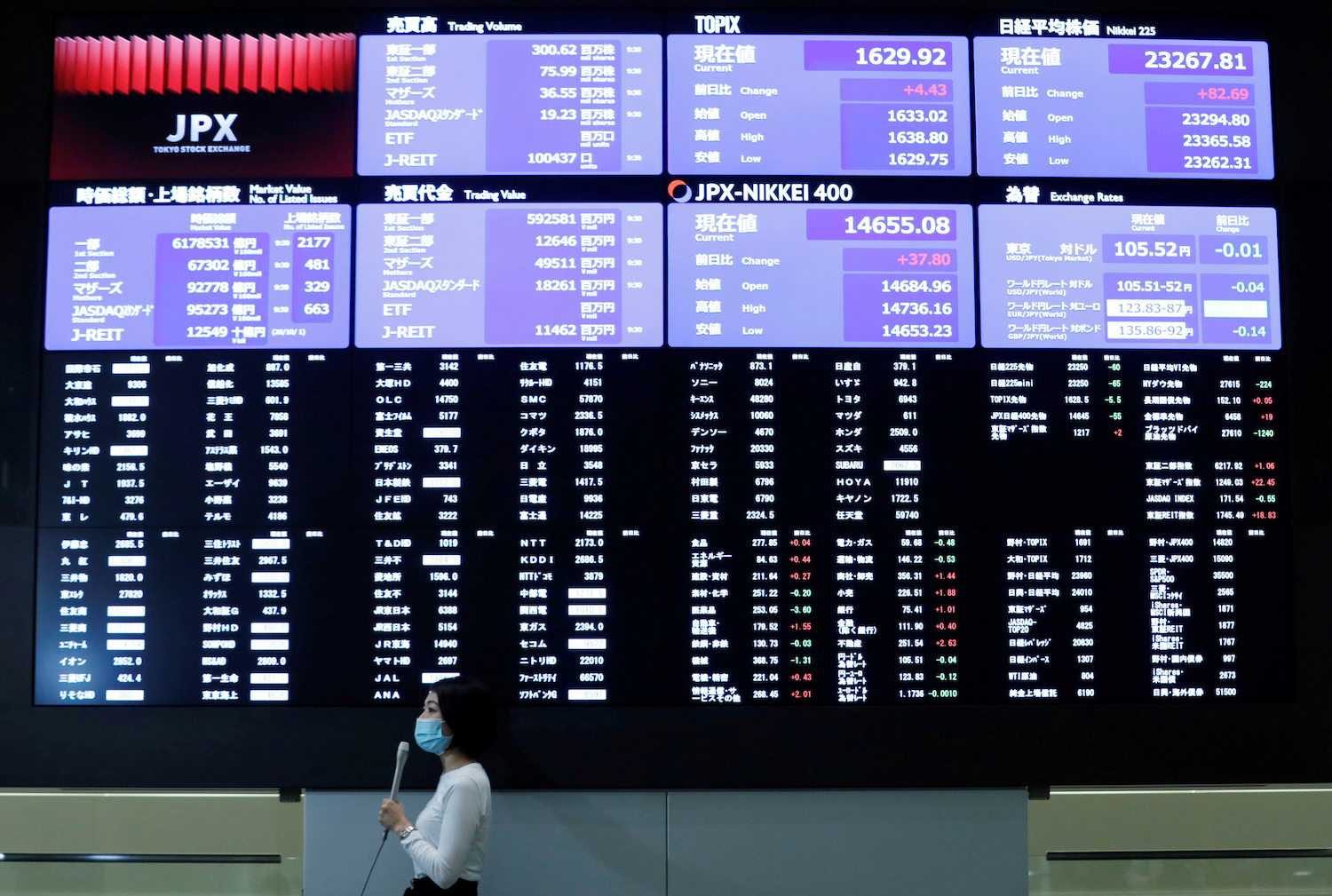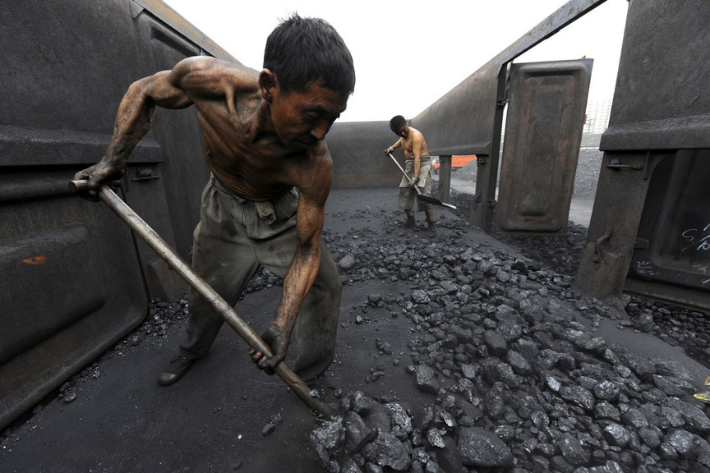(ATF) HONG KONG: Asian markets rallied boosted by the return of the reflation trade, as the move by regulators to address the day trader frenzy which has stoked volatility in recent sessions also boosted sentiment.
On the coronavirus front, hopes the end of the pandemic is in sight were stoked by news more Americans have received at least one dose of a Covid-19 vaccine than have tested positive for the virus.
The People’s Bank of China withdrew a net 80 billion yuan ($12 billion) of liquidity on Wednesday, squeezing liquidity and dampening market sentiment ahead of the Lunar New Year holiday starting next week.
Read more: China hails its ‘netizens’ as internet user numbers approach 1 billion
Japan’s Nikkei 225 index advanced 1.00%, Australia’s S&P ASX 200 added 0.92%, Hong Kong’s Hang Seng index edged up 0.20% but China’s CSI300 eased 0.29% after the PBOC offered just 100 billion yuan of seven-day funds even as 180 billion yuan matured. Regionally, the MSCI Asia Pacific index climbed 1.15%.
The overall market sentiment was boosted by hopes that US lawmakers will approve the proposed $1.9 trillion pandemic relief bill as Democrats moved toward passing the legislation, potentially without Republican support.
“President Biden’s proposed stimulus could lift US growth closer towards that of China. The Fed is also prepared to let the US economy run a little hotter and wants US inflation to rise into 2-3%,” said DBS strategists Duncan Tan and Philip Wee.
“Although the Fed has stayed dovish, it has also become more optimistic on stimulus and vaccinations. In turn, Fed officials expect more internal debate on tapering asset purchases this year.”
GOLD PRICES
The risk on sentiment pressured US Treasuries which pushed up 10-year yields up 2 basis points to 1.12% and weighed on gold prices which eased 0.2% to $1,834 per ounce.
“The worldwide impact of Covid-19 to abate in 2021 as vaccine distribution should offset further waves,” said Michael Lai, CFA, Senior Vice President, Portfolio Manager, Franklin Templeton Emerging.
“Whilst a full global recovery is unlikely until H2 2021, China’s annual growth will be robust at 8%.”
While tightening liquidity rattled Chinese markets these jitters are likely to be calmed in days ahead with 480 billion yuan in reverse repos due to mature ahead of the Lunar New Year holidays. Analysts say they expect the central bank to inject more liquidity via OMOs and MLF to keep the 7-day repo rate at around its policy rate level.
CLEAR SHIFT
“If the PBoC starts to maintain the 7d repo fixing between 2.7% and 3.2% after the Chinese New Year, it will mark a clear shift from the 2.2%-2.7% range seen in August and September,” said Tianhe Ji, Head of FXLM Strategy for Global Markets China, BNP Paribas.
“The huge move from 2% to 3.2%, as seen in October, November and January, might only be a transition phase for this shift, in our view, and market could easily fade moves both up and down.”
Asia Stocks
- Japan’s Nikkei 225 index advanced 1.00%
- Australia’s S&P ASX 200 added 0.92%
- Hong Kong’s Hang Seng index 0.20%
- China’s CSI300 eased 0.29%
- The MSCI Asia Pacific index climbed 1.15%.
Stock of the day
Brilliance Auto shares rose as much as 25% after a report of a potential acquisition by state-owned FAW, China’s No. 2 automaker.
























